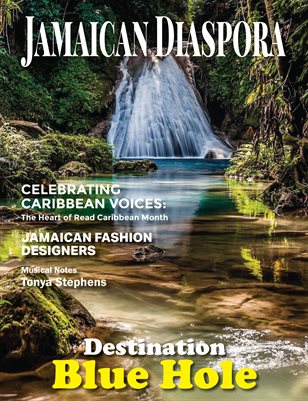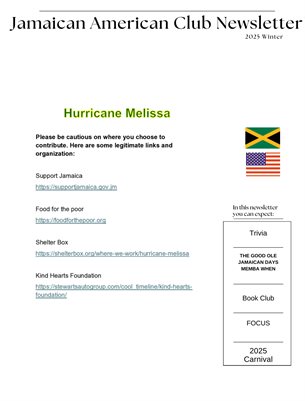WHAT YOU CAN DO TO
HELP SAVE GOAT ISLANDS
Share the Petition
with your friends using this link:
http://chn.ge/1ecZdCO
Little
Goat Island along with Great Goat Island are the cays that make up the Goat
Islands, located less than a mile off the coast of Jamaica, southwest of the
Hellshire Hills. It is part of Saint Catherine Parish. Little Goat Island is
adjacent to the northwest portion of Great Goat Island, and both are within the
Portland Bight Protected Area. Until
the 1940s, these cays were home to a population of Jamaican Iguana. However, as
with most mainland populations, the Little Goat Island population was thought to
have become extinct, mainly due to predation by introduced small Indian
mongooses and habitat alteration by feral goats. These areas are of high
conservation value due to the numbers of vulnerable and endemic species that
live there.
The
Government of Jamaica is engaged in negotiations with China Harbour Engineering
Company (CHEC) to establish a large transshipment port in the Portland Bight
Protected Area (PBPA) in the vicinity of the Goat Islands. The Portland Bight
Protected Area contains significant environmental assets. The coastline
includes the largest mangrove system in Jamaica (about 2/3 of all Jamaica’s
mangroves, according to land use 1998) which together with extensive sea‐grass
beds and coral reefs, likely contains the largest nursery area for fish and
shellfish on the island.
Coral
reefs are found mainly in the shallow waters surrounding the nine small islands
or cays within the PBPA. The PBPA includes some of the most extensive areas of
coral reef in Jamaican waters, and although, like reefs island wide, they are
under stress, in 2003, hard coral cover at six reef sites surveyed ranged from
5.8 to 33.4 percent and “fish counts were generally higher than at other
Jamaican sites surveyed using Reef Check method”. The Galleon Harbour area, in particular,
is a major nursery and critical habitat area for fishable species of all types,
including snapper, grunt, lobster, shrimp, and oysters. Beaches in the PBPA and
on its cays are considered the most important nesting areas for sea turtles in
Jamaica, with at least four species of globally endangered sea turtles nesting
there. The beaches of the PBPA are valuable to local communities as fishing
beaches and for recreation.





No comments:
Post a Comment